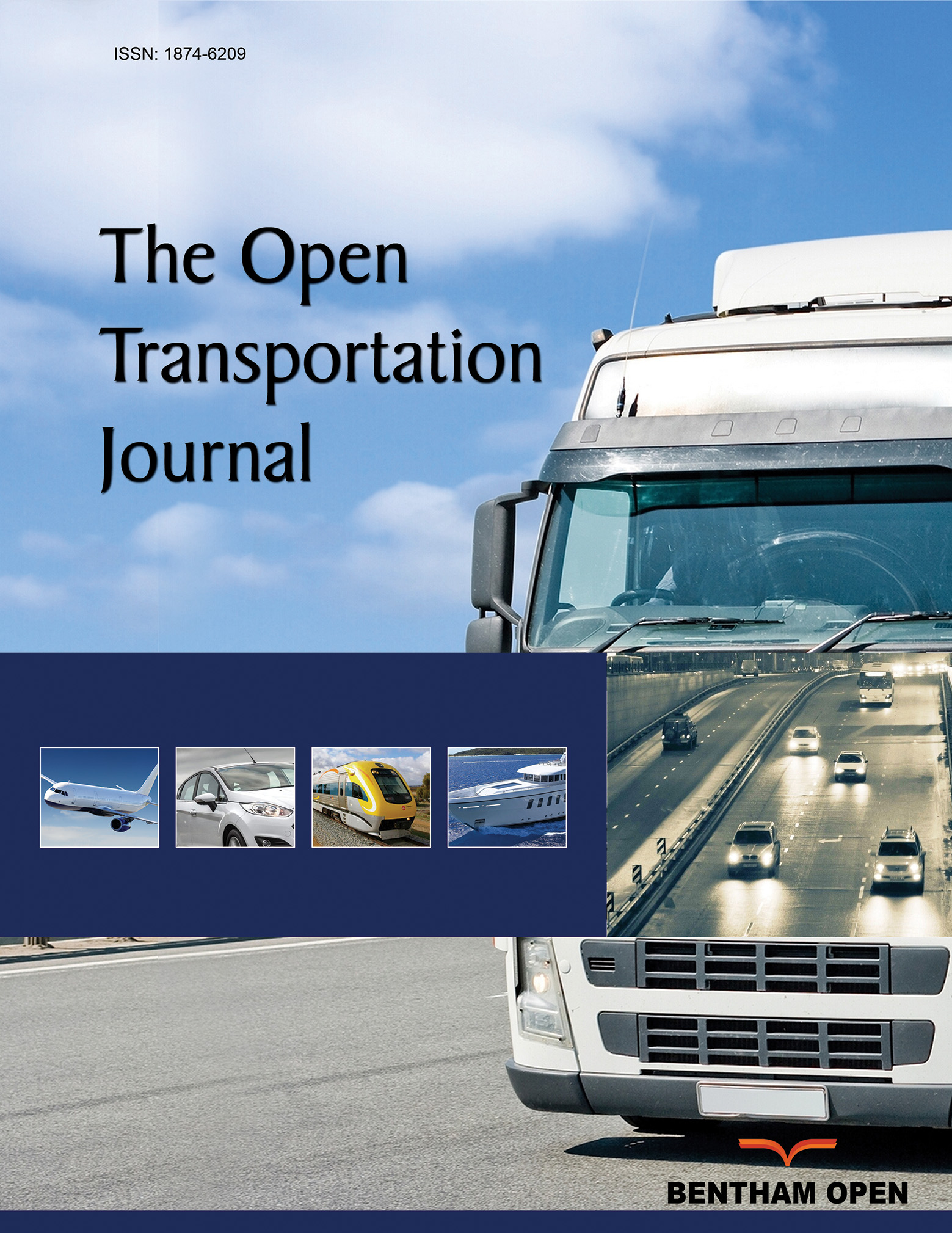All published articles of this journal are available on ScienceDirect.
Flexibility of Tolls for Optimal Flows in Networks with Fixed and Elastic Demands
Abstract
Tolls are used to influence users to "voluntarily" choose paths in the system which optimize flows (VSO) to minimize social costs. When the toll solutions are not unique, administrators gain the flexibility to vary tolls in order to meet other goals while still maintaining optimal flows. For Fixed-Demand networks, it was known that path-tolls can be adjusted. However, the link-toll solution was thought to be unique if the number of paths exceeds the number of links. We show, however, that link-toll solutions are non-unique even for many very large networks in which the number of paths greatly exceeds the number of links. Uniqueness of tolls under Elastic Demand is studied here for the first time in the literature. We examine the uniqueness (or lack thereof) of tolls needed to optimize flows with Elastic User Demand. We find that elastic demand eliminates the adjustability of path-toll solutions, and partially restricts the newly-found flexibility of link-tolls. These results should provide guidance for traffic network administrators in planning second-best toll policies for situations where marginal cost pricing may be politically or otherwise unpopular.


